Deeply Ecological Deleuze and Guattari
Humanism’s Becoming-Animal
DOI:
https://doi.org/10.52537/humanimalia.9992Abstract
Through a critical reading of the notion of “becoming-animal” as proposed by Gilles Deleuze and Félix Guattari, it is argued in this paper that the drawing of a simple division between the wild and the tame inevitably results in a restricted concept of ethics that reiterates contemporary structures of oppression. One of the main reasons for the recent interest in Deleuze and Guattari from within critical animal studies is that their philosophy appears to give to nonhuman animals an access to a “becoming” that is equal in power and affect to those open to the human. Upon closer reading, however, it transpires that this equality is just as quickly refused. Ultimately, Deleuze and Guattari, in common with the adherents of Deep Ecology, posit an entry into becoming which effects itself upon the timelessness of the wild, termed “true Nature” by Deleuze and Guattari. As a result, the vast diversity of nonhuman animals are dissolved in a becoming-Nature which lacks both responsibility and respond-ability, thus reinforcing the subjugating superiority both of humanist exceptionalism and of Man’s emergence from a feminized Nature.
Downloads

Published
Issue
Section
License

This work is licensed under a Creative Commons Attribution-NonCommercial 4.0 International License.









